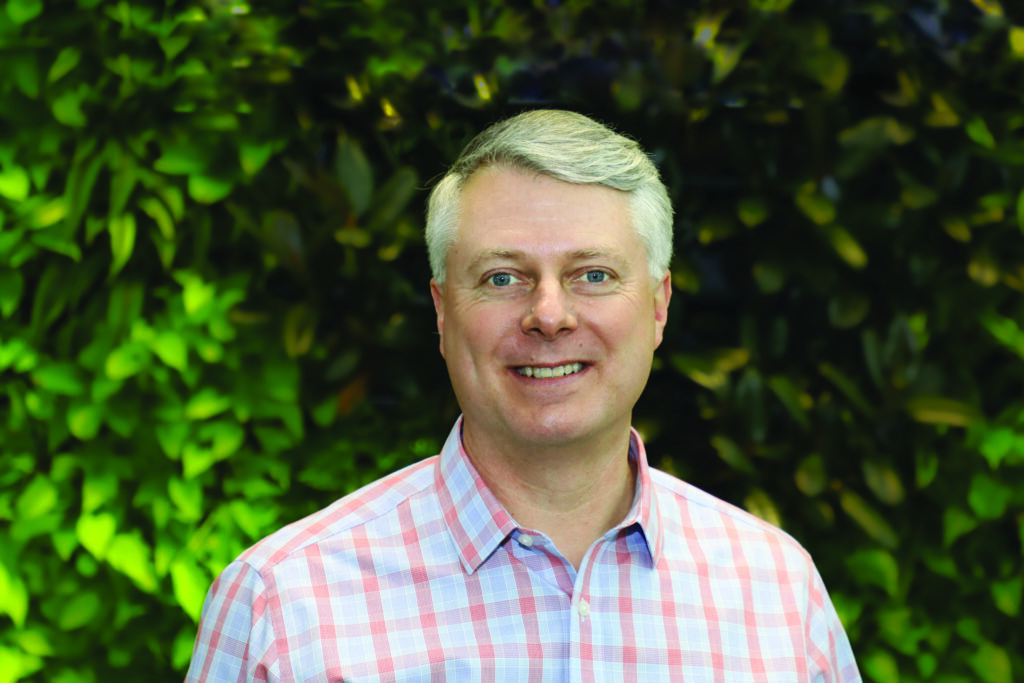World
How Non-European Countries Deal with Europe – Seed World

The regulatory landscape for the seed sector in Europe is often characterized by its complexity due to a convergence of diverse national laws, European Union directives, and international standards. The current framework is in quite a bit of flux and will continue to be over the next one to two years.
Seed World U.S. recently sat down with three seed industry leaders to ask tough questions about how non-European countries can trade within the complex European regulatory environment. In the first part of our in-depth special feature, we talked with Kevin Diehl.
American Seed Companies See Opportunity
Kevin Diehl is the is the director of global genome editing regulatory policy for Corteva Agriscience. He grew up in agriculture on the family farm in central Iowa and earned a bachelor’s degree in agronomy and agricultural studies from Iowa State University and a Ph.D. in plant physiology and weed science from the University of Illinois. He has worked for DuPont, DuPont Pioneer and now Corteva Agriscience
SW: Regarding the complex European regulatory situation, could you describe some of the major regulatory hurdles that seed companies face when introducing genetically edited seeds into the European market?
Diehl: Genome editing allows breeders to use a plant’s own DNA to make changes efficiently, much like traditional breeding but without introducing DNA from other species, unlike GMOs. However, the lack of regulatory clarity in countries we trade with, like the EU, creates challenges due to the global nature of our business. The EU is considering regulating these technologies more pragmatically, which could provide certainty around timelines and the necessary regulatory science, ultimately driving innovation and creating more sustainable products.
SW: How do the EU’s regulatory standards for genome-edited crops compare with those of other markets, like Brazil?

Diehl: The current EU proposal isn’t finalized yet, so it’s hard to say exactly what it will look like.
However, it is moving in a positive direction. Countries like Brazil and others in Latin America, as well as Canada and the U.S., have regulatory systems that distinguish between GMOs and products of genome editing, treating the latter more like an extension of traditional breeding.
These countries are more innovation-friendly, which allows for more efficient and effective delivery of new products.
SW: What are some common misconceptions or challenges you face when explaining the science of genome editing to European regulators?
Diehl: One challenge is the misconception that innovation in agriculture isn’t necessary — that it can remain static. However, innovation is crucial for addressing food security and adapting to changing climates. It’s important to communicate that technology can drive sustainability and enhance productivity, not just for large companies like Corteva but across the industry.
SW: What opportunities does the European market present for genome editing technologies in agriculture?
Diehl: There’s tremendous opportunity in Europe for enhancing productivity and addressing issues like disease resistance, which is increasingly important as climates and production practices change. Genome editing can speed up the breeding process, allowing for quicker adaptation of crops to conditions like drought, making them more resilient.
SW: How do you engage with stakeholders like farmers and even consumers to foster understanding and acceptance of genome-edited crops?
Diehl: We’re always in close contact with farmers, our primary customers, to understand their needs and improve our tools accordingly. We also engage with downstream stakeholders like food processors, retailers, and consumer groups. This dialogue helps us address their needs and discuss how gene editing can provide solutions, such as improving the shelf life of fresh produce. Working with entities like the Center for Food Integrity, we’ve helped develop responsible use guidelines to help people understand and be comfortable with this technology in their food supply.
SW: Could you talk about any collaborations or partnerships that Corteva is involved with in Europe to advance the acceptance of genome-edited agricultural products?
Diehl: Corteva has an open innovation platform that fosters creativity and sparks global innovation. We offer CRISPR-Cas technology licenses to various entities, including many in the EU, working on vegetables and row crops. This broad collaboration ensures that when regulatory policies permit, these entities will be ready to commercialize their innovations.
SW: What’s your outlook regarding gene editing’s future?
Diehl: It’s exciting to discuss the technology and innovations at Corteva, but it’s also vital to have the right regulatory framework and consumer acceptance to see these innovations adopted. Gene editing has vast potential to address food security and improve food quality, and I’m optimistic about what we can achieve with these tools.










